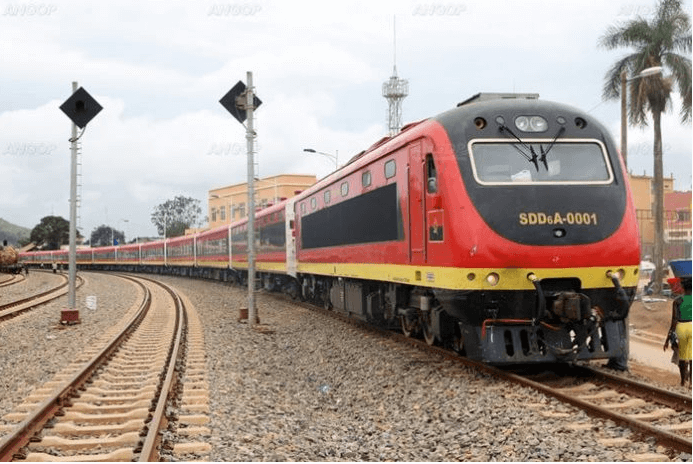Uganda will begin refurbishing its century-old Meter gauge rail (MGR) network to boost bulk cargo transportation, after failing to secure US $2.2bn in Chinese funding for a new Standard gauge railway (SGR).
Meter gauge railway (MGR) revamp
The Managing Director of the state-run Uganda Railway Corporation (URC), Charles Kateeba said that the rehabilitation will be carried out in phases over several years and cost at least US$308 million. French firm Sogea-Satom will undertake the works, which include installing rocks ballast on sections, re-laying of tracks, flattening sections and repairing about 500 freight wagons.
The European Union (EU) has given a grant of US $27.5m and the railway corporation is talking to international development lenders for the rest. Former colonial power Britain built the meter-gauge, 1,266km (790 mile) network a century ago, mainly to move copper and other commodities. But the network fell into disrepair during years of political upheaval and economic instability. “Due to lack of maintenance over the years, most of the network is now in disuse,” Kateeba said. “We shall replace some areas which have been either removed by vandals or are badly worn,” he added.
Standard gauge railway (SGR)
Majority of transporters, especially those dealing with bulk cargo, have been eager for cheaper transport and were disappointed when China did not offer funding for the Ugandan section of the Standard Gauge Railway (SGR) regional project. It was originally designed to connect Kenya’s Indian Ocean seaport of Mombasa to a vast hinterland including Uganda, South Sudan, Rwanda and Burundi.
Kenya has developed a section of the SGR from Mombasa to Nairobi with funding from China, but had to fund an expansion itself. Ugandan authorities have been negotiating with China for more than five years, hoping for funds to construct its own SGR branch; but Kateeba said several factors, including Uganda’s delayed oil production delayed a credit deal.
Uganda discovered 6 billion barrels worth of crude oil more than 12 years ago in the west, but disagreements between the government and oil firms over tax and development strategy have repeatedly delayed production.
Disclaimer: The views and opinions expressed in this article are those of the authors and do not necessarily reflect the official policy or position of TradeMark Africa.















